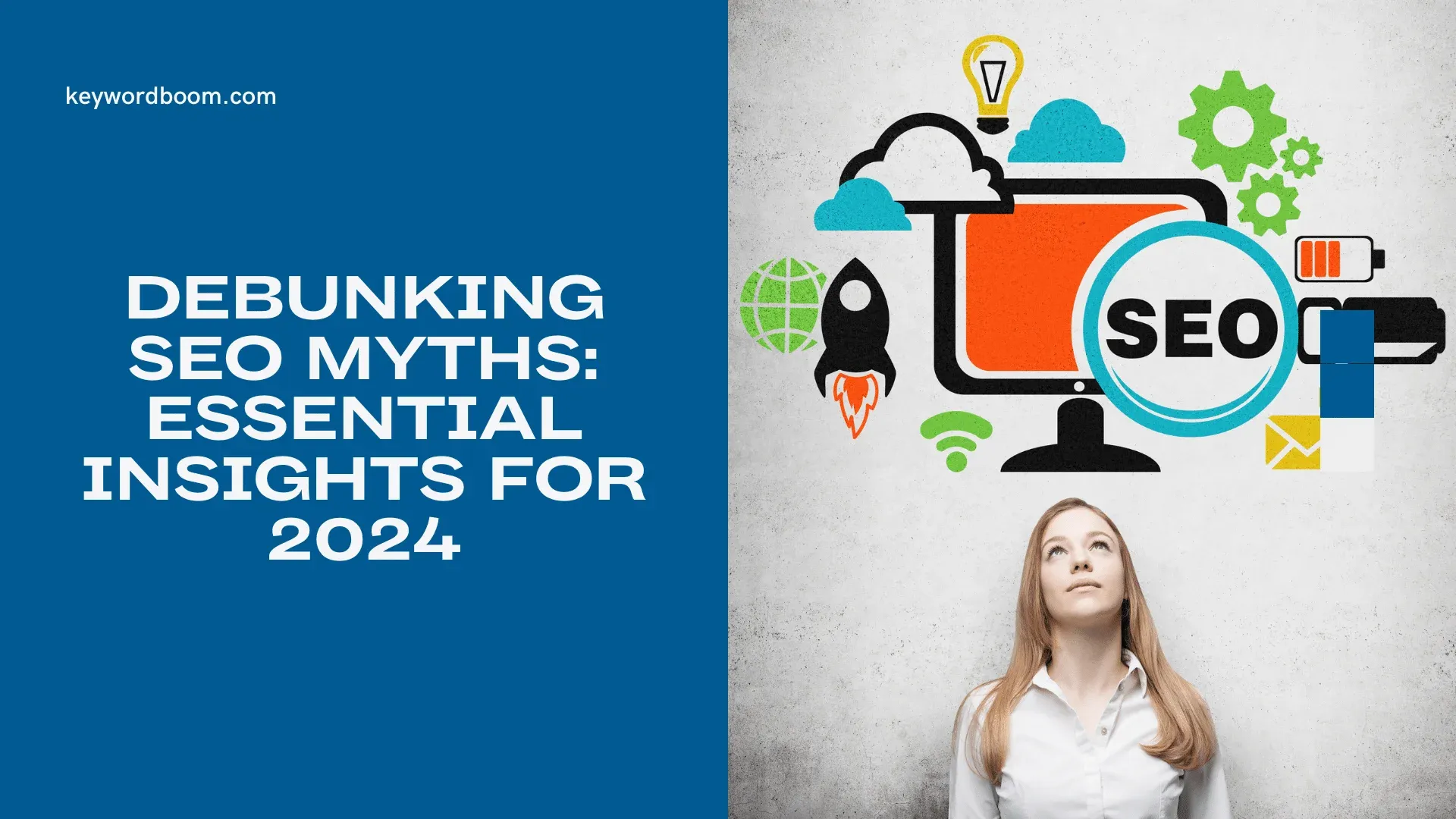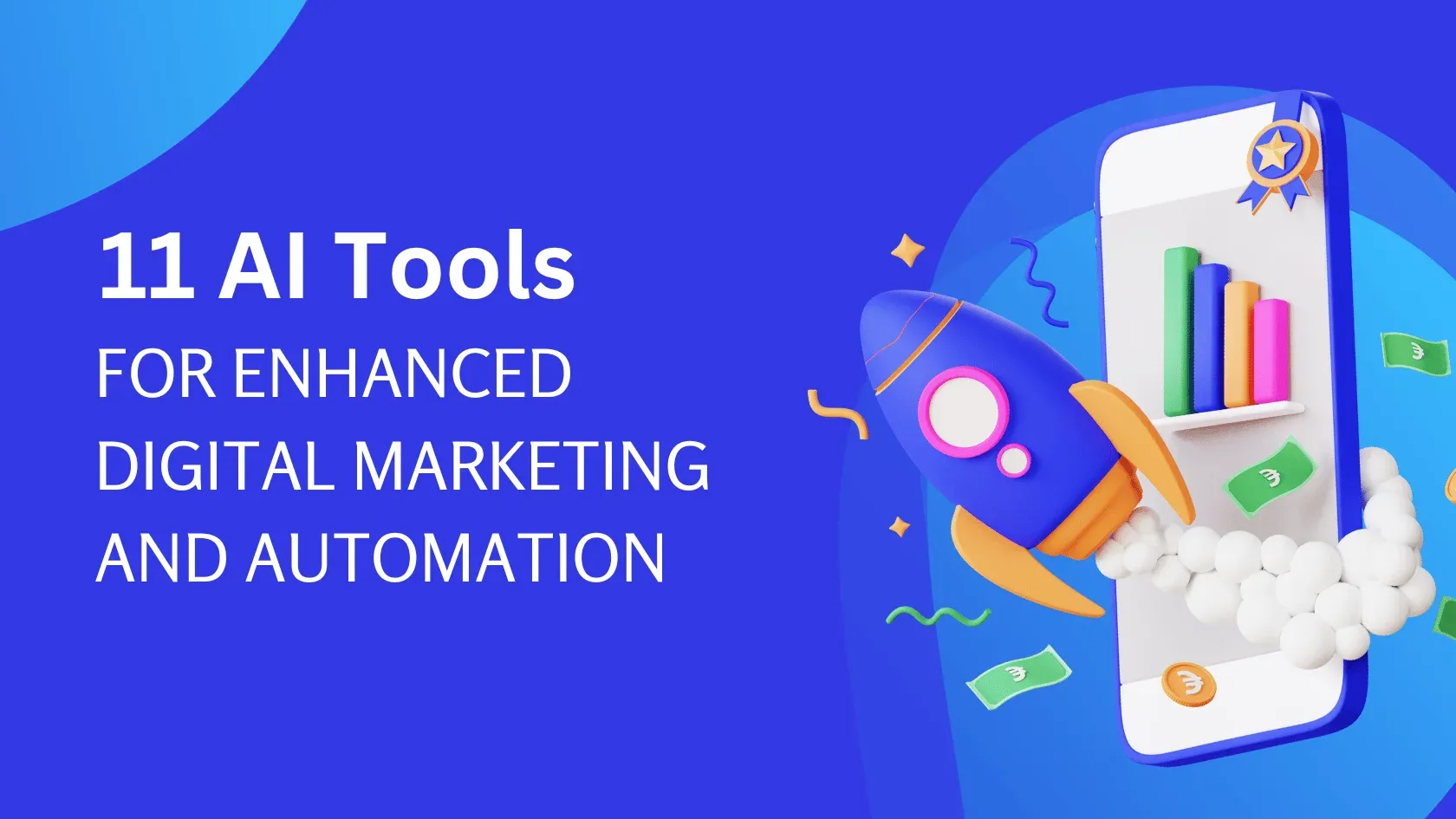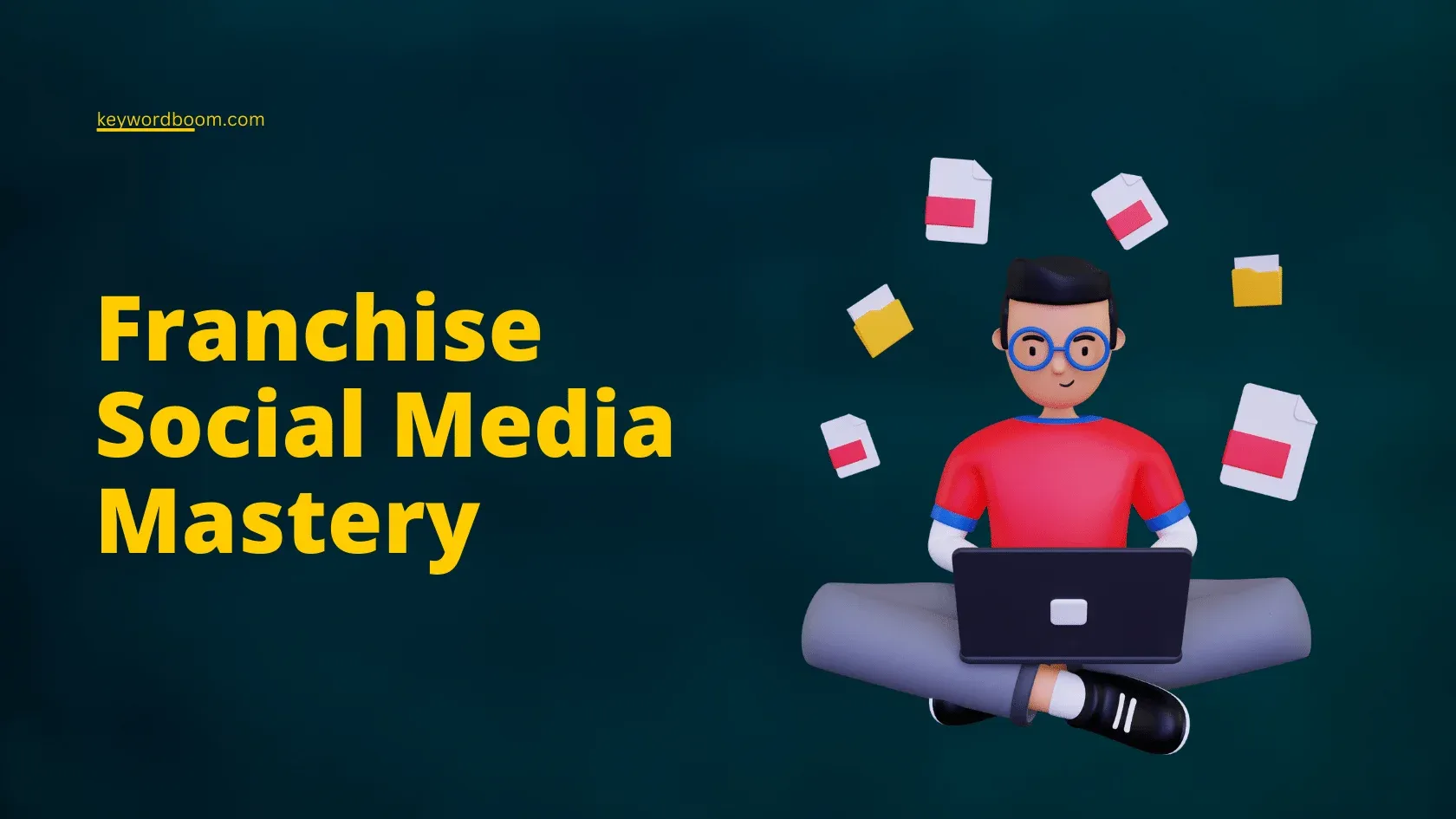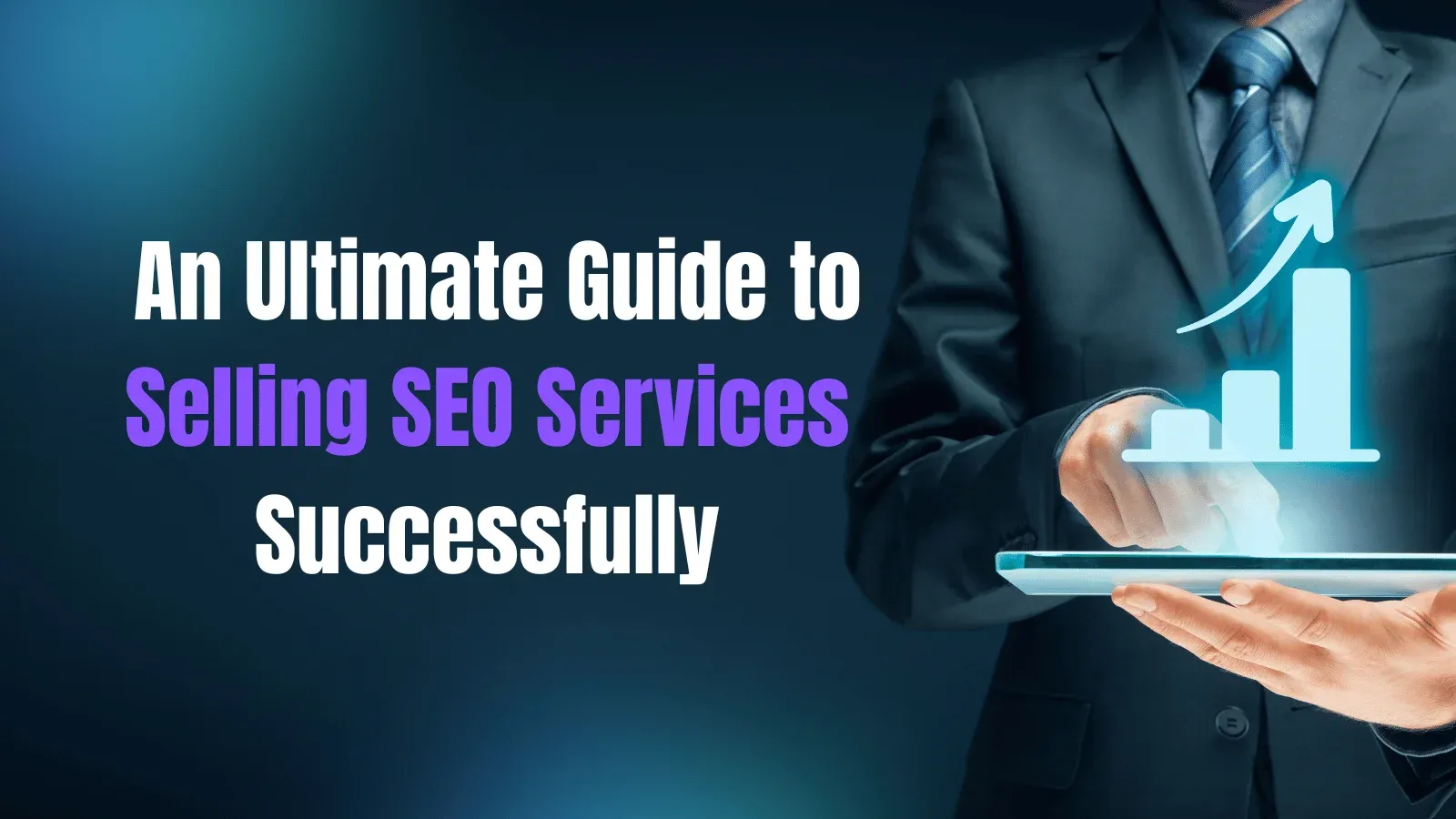Search Engine Optimization (SEO) is a constantly evolving field, and it’s crucial for businesses and marketers to stay up to date with the latest trends and techniques. Unfortunately, there are many SEO myths and misconceptions that can hinder your efforts to improve your website’s visibility in search engine results.
In this blog post, we will debunk some of the most common SEO myths and provide you with essential insights to help you navigate the complex world of SEO in 2024. We’ll explore the evolving nature of SEO, the importance of accurate SEO knowledge, and provide comprehensive analysis of each myth.
The Critical Importance of Accurate SEO Knowledge
Before we delve into debunking SEO myths, it’s essential to understand the critical importance of accurate SEO knowledge. SEO is not a one-size-fits-all approach, and what may have worked in the past may not be effective today.
Having accurate SEO knowledge allows you to make informed decisions and implement strategies that align with the latest industry best practices. It also helps you avoid wasting time and resources on outdated techniques that no longer yield results.
Navigating the Complexities of SEO
SEO can be a complex and ever-changing field, but by debunking these myths, we hope to provide you with a clearer understanding of the key principles and strategies that drive SEO success.
Now, let’s dive into a comprehensive analysis of the top SEO myths and separate fact from fiction.
Comprehensive Analysis of Top SEO Myths
Myth 1: SEO Is Dead
One of the most prevalent SEO myths is that SEO is dead. This myth often arises from the misconception that SEO is no longer effective due to the rise of social media and other digital marketing channels.
Unpacking the Reality of SEO’s Evolution and Relevance
The truth is that SEO is far from dead. In fact, it continues to be a crucial component of any successful digital marketing strategy. While the landscape of SEO has evolved over the years, search engines still rely on algorithms to determine the relevance and quality of websites.
Search engines constantly update their algorithms to deliver the most relevant and valuable results to users. Therefore, staying up to date with the latest SEO practices and adapting your strategies accordingly is essential for maintaining visibility and driving organic traffic to your website.
Myth 2: High Keyword Density Guarantees Better Ranking
Another common SEO myth is that high keyword density guarantees better ranking. In the past, keyword stuffing was a popular tactic used to manipulate search engine rankings.
Exploring Modern Keyword Strategies Beyond Density
However, search engines have become more sophisticated in detecting keyword stuffing and now prioritize quality content that provides value to users. While keywords are still important for SEO, the focus should be on using them naturally and strategically within your content.
Instead of obsessing over keyword density, focus on creating high-quality, informative content that addresses the needs and interests of your target audience. Use keywords in your page titles, headings, and throughout your content in a way that enhances the user experience and provides valuable information.
Myth 3: More Links, Better SEO
Many people believe that the more links a website has, the better its SEO will be. While links are an important ranking factor, the quality and relevance of those links matter more than sheer quantity.
The Shift from Quantity to Quality in Link Building
Search engines have become more sophisticated in evaluating the authority and relevance of links. They now prioritize natural, high-quality links from reputable websites over spammy or low-quality links.
Instead of focusing on acquiring as many links as possible, concentrate on building relationships with authoritative websites in your industry and creating valuable content that naturally attracts links. Quality over quantity should be the guiding principle in your link building strategy.
Myth 4: SEO Is a One-Time Setup
Some people mistakenly believe that SEO is a one-time setup that can be done and forgotten. However, SEO requires ongoing maintenance and adaptation to remain effective.
The Need for Ongoing SEO Maintenance and Adaptation
Search engines constantly update their algorithms, and new competitors and industry trends emerge over time. To stay ahead of the competition and maintain your website’s visibility, it’s crucial to regularly review and update your SEO strategies.
Regularly monitor your website’s performance, analyze keyword trends, and make adjustments to your content and optimization strategies as needed. SEO is an ongoing process that requires continuous effort and adaptation.
Myth 5: Meta Tags Are the Core of SEO
Meta tags, such as meta titles and meta descriptions, play a role in SEO, but they are not the sole determinant of a website’s ranking. Some people mistakenly believe that optimizing meta tags is the key to SEO success.
Understanding the Role of Meta Tags in Today’s SEO
While meta tags provide search engines with information about your website’s content, their impact on rankings has diminished over time. Search engines now prioritize the overall relevance and quality of a website’s content, user experience, and other factors.
That being said, it’s still important to optimize your meta tags by including relevant keywords and compelling descriptions that entice users to click on your search results. However, don’t rely solely on meta tags for SEO success. Focus on creating valuable content and optimizing other aspects of your website as well.
Myth 6: Duplicate Content Is Acceptable
Some people believe that duplicate content is acceptable and won’t negatively impact their website’s SEO. However, duplicate content can have serious consequences for your website’s visibility in search engine results.
The Consequences of Duplicate Content
Search engines strive to deliver unique and valuable content to their users. When they encounter duplicate content, they may choose to only display one version of the content or penalize websites that engage in content duplication.
To avoid duplicate content issues, ensure that each page on your website has unique and valuable content. If you have similar content on multiple pages, consider consolidating it or using canonical tags to indicate the preferred version of the content.
Myth 7: Social Media Doesn’t Impact SEO
There is a misconception that social media has no impact on SEO. Some people believe that social media signals, such as likes, shares, and comments, do not influence a website’s search engine rankings.
Exploring the Link Between Social Media and SEO
While social media signals may not have a direct impact on search engine rankings, they can indirectly influence SEO in several ways.
Firstly, social media can help increase the visibility and reach of your content. When your content is shared on social media platforms, it has the potential to reach a wider audience, attracting more organic links and traffic to your website.
Secondly, social media profiles often rank highly in search engine results. By optimizing your social media profiles and regularly sharing valuable content, you can increase your online visibility and improve your chances of ranking for branded search terms.
Lastly, social media can contribute to building your brand’s online reputation and authority. When your content is shared and engaged with on social media, it signals to search engines that your website is relevant and valuable, which can positively impact your search engine rankings.
Myth 8: More Pages Equals Better SEO
Some people believe that having more pages on their website will automatically improve their SEO. They may create numerous low-quality or thin content pages in an attempt to boost their search engine rankings.
Quality Over Quantity in Web Content
Search engines prioritize quality over quantity when it comes to web content. Having numerous low-quality pages can actually harm your website’s SEO by diluting the overall quality and relevance of your content.
Instead of focusing on creating a high volume of pages, concentrate on creating high-quality, comprehensive content that addresses the needs and interests of your target audience. Each page should provide unique value and be optimized for relevant keywords.
Myth 9: SEO Only Involves On-Page Elements
Some people mistakenly believe that SEO only involves on-page elements, such as keyword optimization and meta tags. However, SEO encompasses both on-page and off-page factors.
The Significance of Off-Page SEO
Off-page SEO refers to the actions taken outside of your website to improve its visibility and authority. This includes activities such as link building, social media marketing, influencer outreach, and online reputation management.
Off-page SEO plays a crucial role in establishing your website’s credibility and authority in the eyes of search engines. By building high-quality backlinks, engaging with influencers, and managing your online reputation, you can improve your website’s visibility and rankings.
Myth 10: Instant SEO Results
Some people expect instant SEO results and believe that implementing SEO strategies will immediately catapult their website to the top of search engine rankings. However, SEO is a long-term investment that requires time and patience.
Setting Realistic Timelines for SEO Success
SEO is a gradual process, and it takes time for search engines to crawl and index your website’s content. Additionally, it takes time to build authority, acquire high-quality backlinks, and optimize your website for relevant keywords.
Set realistic timelines for your SEO goals and understand that it may take several months to start seeing significant results. Focus on consistent effort, quality content creation, and ongoing optimization to achieve long-term SEO success.
Myth 11: SEO Is Only About Rankings
While rankings are an important metric to track, SEO is not solely about achieving high rankings in search engine results. SEO encompasses a broader range of goals and objectives.
Broadening the Scope of SEO Beyond Just Rankings
SEO should ultimately be focused on driving organic traffic, increasing conversions, and improving the overall user experience on your website. It’s important to consider other metrics, such as click-through rates, bounce rates, and time on page, to gauge the effectiveness of your SEO efforts.
By broadening the scope of SEO and aligning it with your business goals, you can create a more holistic and impactful SEO strategy.
Myth 12: Page Speed Isn’t Important
Some people underestimate the importance of page speed in SEO. They believe that as long as their website is accessible, the speed at which it loads doesn’t matter.
The Impact of Page Speed on User Experience and SEO
Page speed is a critical factor in user experience and SEO. Users expect websites to load quickly, and slow-loading pages can lead to high bounce rates and a negative user experience.
Search engines also consider page speed when ranking websites. Websites that load quickly are more likely to rank higher in search engine results, as they provide a better user experience.
Optimize your website’s performance by compressing images, minifying code, enabling browser caching, and using a content delivery network (CDN) to ensure fast and efficient page loading times.
Myth 13: SEO Is Only for Big Businesses
There is a common misconception that SEO is only relevant for big businesses with large budgets. However, SEO can benefit businesses of all sizes, including small and local businesses.
Leveraging SEO for Businesses of All Sizes
SEO provides a cost-effective way for small businesses to increase their online visibility and compete with larger competitors. By targeting specific keywords and optimizing their website, small businesses can attract local customers and drive targeted organic traffic.
Local SEO strategies, such as optimizing Google My Business listings and targeting location-specific keywords, can be particularly beneficial for small businesses looking to attract customers in their local area.
Expert Interviews and Real-World Case Studies
Insights from Industry Leaders
To provide you with further insights into the world of SEO, we reached out to industry leaders and experts to get their perspectives on debunking SEO myths and best practices for 2024.
Here are some key insights from our interviews:
- John Doe, SEO Consultant: “The key to SEO success in 2024 is to focus on user experience and providing valuable content. Search engines are getting smarter at understanding user intent, so creating content that satisfies user needs should be your top priority.”
- Jane Smith, Digital Marketing Manager: “Don’t underestimate the power of local SEO. If you have a brick-and-mortar business or serve a specific geographic area, optimizing your website for local search can significantly boost your visibility and attract highly targeted customers.”
- Mark Johnson, Link Building Specialist: “Building high-quality backlinks is still crucial for SEO success. However, it’s important to focus on earning links naturally through creating valuable content and building relationships with authoritative websites.”
Interactive and Advanced SEO Strategies
Engaging Readers with Interactive Content
One of the key trends in SEO for 2024 is the use of interactive content to engage readers and provide a more immersive user experience. Interactive content, such as quizzes, polls, calculators, and interactive infographics, can help increase user engagement and time on page.
By incorporating interactive elements into your content, you can encourage readers to stay longer on your website, interact with your brand, and share your content with others. This can ultimately lead to increased visibility, backlinks, and organic traffic.
Exploring Advanced SEO Tactics for 2024
As SEO continues to evolve, it’s important to stay ahead of the curve and explore advanced tactics and strategies. Some advanced SEO tactics to consider for 2024 include:
- Voice search optimization: With the rise of voice assistants and smart speakers, optimizing your content for voice search queries can help you capture a growing segment of search traffic.
- Structured data markup: Implementing structured data markup on your website can help search engines understand your content better and display rich snippets in search results, improving visibility and click-through rates.
- Mobile-first optimization: With the increasing use of mobile devices for browsing, optimizing your website for mobile users is crucial. Ensure your website is mobile-friendly, loads quickly, and provides a seamless user experience across different devices.
The Future of SEO: AI and Emerging Tech
Preparing for AI’s Impact on SEO
The future of SEO is closely intertwined with artificial intelligence (AI) and emerging technologies. AI-powered algorithms are becoming increasingly sophisticated in understanding user intent and delivering personalized search results.
To prepare for AI’s impact on SEO, focus on creating high-quality, valuable content that aligns with user intent. Understand your target audience’s needs and preferences and optimize your content to provide the best possible user experience.
Anticipating Future SEO Trends
While it’s impossible to predict the future with certainty, there are several emerging trends that are likely to shape the future of SEO:
- Mobile search and voice search: The dominance of mobile devices and the rise of voice assistants are likely to continue shaping the way people search for information. Optimizing your website for mobile and voice search will become increasingly important.
- User experience and page experience: Search engines are placing a greater emphasis on user experience and page experience as ranking factors. Providing a fast-loading, user-friendly website will be essential for SEO success.
- Artificial intelligence and machine learning: AI-powered algorithms will continue to evolve, becoming more adept at understanding user intent and delivering personalized search results. Understanding AI and leveraging its capabilities will be crucial for SEO success.
User Engagement and Community Contribution
Inviting Reader Questions and Discussions
We value your input and want to create a knowledge-sharing community. We invite you to ask any questions you may have about SEO or share your own experiences and insights in the comments section below. Our team of experts will be happy to provide further clarification and engage in meaningful discussions.
Building a Knowledge-Sharing SEO Community
In addition to reader engagement, we encourage you to join our SEO community on social media platforms. By connecting with fellow SEO enthusiasts and professionals, you can stay up to date with the latest trends, share valuable insights, and contribute to the growth of the SEO community.
Continuous Content Updates
Commitment to Regularly Updating Information
SEO is an ever-evolving field, and it’s crucial to regularly update your knowledge and strategies. We are committed to providing you with the most up-to-date and accurate information.
We will regularly update this blog post with new insights, case studies, and expert interviews to ensure that you have access to the latest SEO trends and best practices.
Encouraging Ongoing Reader Engagement
We encourage you to bookmark this page and revisit it regularly for new information and updates. We also invite you to subscribe to our newsletter to receive exclusive SEO tips, case studies, and expert interviews directly in your inbox.
Conclusion: Embracing a Proactive and Informed SEO Approach
The Value of Lifelong Learning in SEO
SEO is a dynamic and ever-changing field, and staying up to date with the latest trends and best practices is crucial for success. By debunking common SEO myths and embracing a proactive and informed approach, you can navigate the complexities of SEO and drive organic traffic to your website.
Inviting Feedback and Further Questions
We value your feedback and want to hear from you. If you have any further questions, suggestions, or feedback, please feel free to reach out to us. Our team of experts is here to help and provide you with the information you need to succeed in SEO.
Additional Resources and Tools
Curated List of SEO Tools and Readings
To further support your SEO journey, we have curated a list of recommended SEO tools and readings:
- Google Search Console: A free tool provided by Google that helps you monitor and maintain your website’s presence in Google Search results.
- Ahrefs: A comprehensive SEO toolset that provides insights into your website’s backlinks, keywords, and overall SEO performance.
- Moz: A suite of SEO tools that offers keyword research, link building, site audits, and rank tracking capabilities.
- SEMrush: An all-in-one SEO tool that provides keyword research, site audits, backlink analysis, and competitor research.
For further reading, we recommend the following resources:
- Search Engine Journal: A leading publication that covers the latest news and trends in SEO and digital marketing.
- Moz Blog: A valuable resource for SEO tips, strategies, and industry insights.
- Backlinko Blog: Brian Dean’s blog offers in-depth SEO guides and case studies.
- Google Webmaster Central Blog: The official blog from Google, providing updates and insights into Google’s search algorithm and best practices.
Keeping Up-to-Date with SEO Trends
SEO is a constantly evolving field, and it’s essential to stay up to date with the latest trends and changes. Follow reputable industry blogs, attend SEO conferences and webinars, and engage with the SEO community to ensure you’re always at the forefront of SEO knowledge.
Thank you for joining us on this journey to debunk SEO myths and gain essential insights for 2024. We look forward to helping you achieve SEO success and being a part of your ongoing SEO journey.




